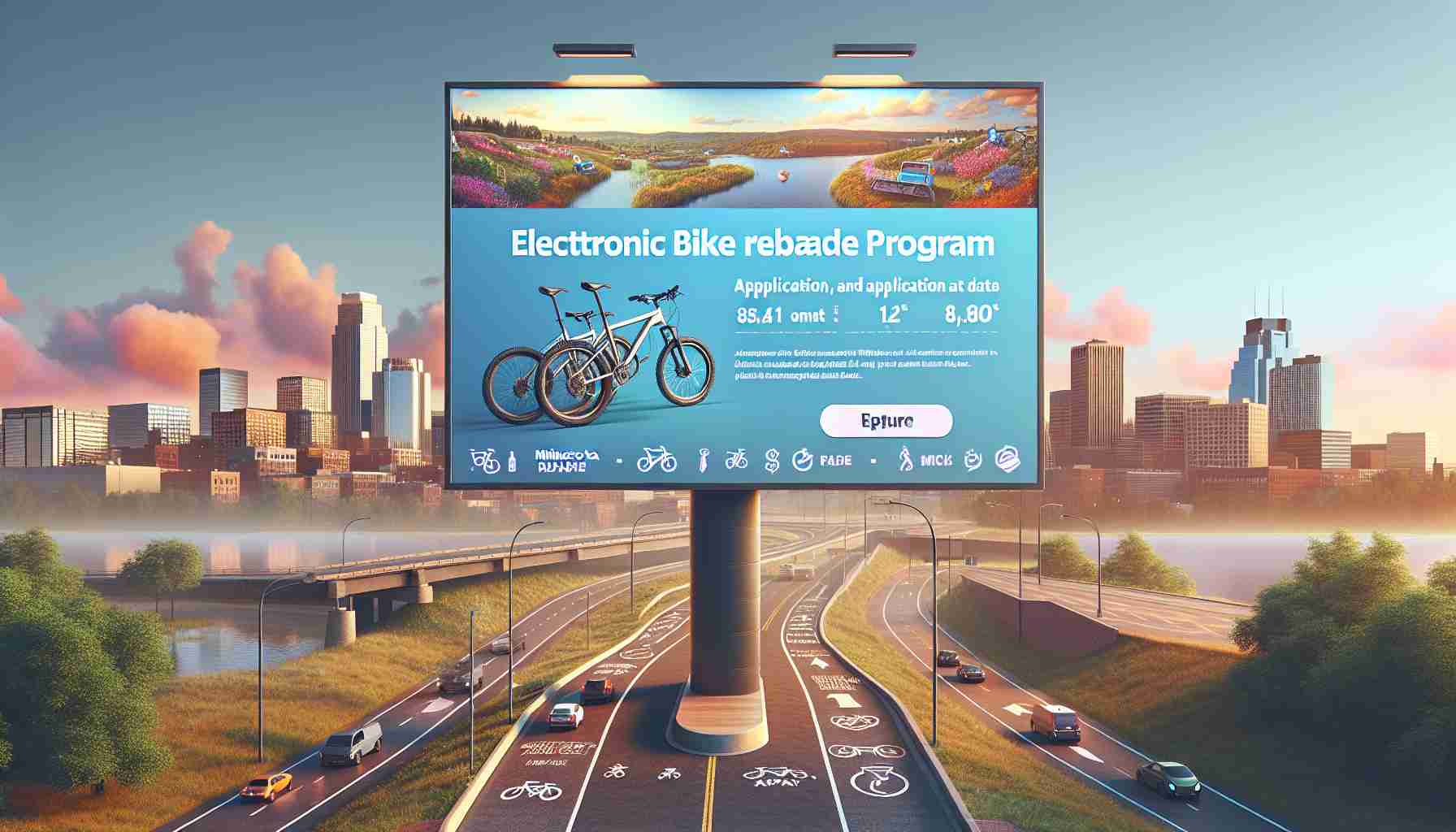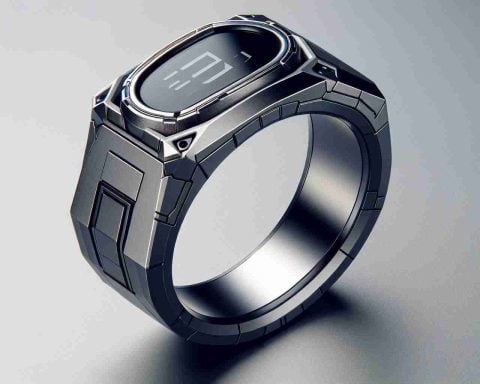Minnesota bike enthusiasts and retailers eager for information about the electronic bike rebate program can now mark their calendars. The state has officially announced the application dates for individuals and retailers to participate in the program this summer.
Starting May 1, retailers who wish to be eligible to sell e-bikes and accept rebate certificates can submit their applications online. Individuals, on the other hand, will have to wait until June 5 to begin applying for rebate certificates.
Although these dates are subject to change, they provide a preliminary timeline for interested parties. The Minnesota Department of Revenue emphasized the provisionary nature of these dates in a recent news release.
Applicants can expect to receive their rebate certificates by July 1. The e-bike rebate program, which was passed by the Legislature in 2023, will allocate $2 million for this year and the following year.
While the announcement brings much-awaited clarity, Minnesota bike retailers admit that they have been inundated with inquiries from potential customers. It seems that some visitors to bike shops have assumed that every applicant will receive financial assistance towards purchasing a bike.
However, it is important to note that the rebate program is not a guarantee of funds for all applicants. The program aims to promote the adoption of e-bikes and offer financial incentives to those who meet the eligibility criteria.
As Minnesota gears up for the launch of the electronic bike rebate program, applicants and retailers alike can prepare for the application process, ensuring they meet the requirements to potentially benefit from this initiative.
The electronic bike (e-bike) industry has been growing rapidly in recent years, driven by increased awareness of environmental issues and the desire for sustainable transportation options. E-bikes are bicycles with electric motors that provide assistance to the rider, making it easier to pedal and increasing the speed and range of the bike.
According to market forecasts, the global e-bike market is expected to continue its upward trajectory, with a projected compound annual growth rate of over 6% from 2021 to 2026. This growth is attributed to several factors, including advancements in battery technology, improvements in design and performance, and government initiatives to promote electric mobility.
The Minnesota e-bike rebate program is a notable initiative in the state, aimed at encouraging the adoption of e-bikes and making them more accessible to consumers. The program allows eligible individuals to receive a rebate certificate, which can be used to offset the cost of purchasing an e-bike from participating retailers.
However, it is important to understand that the rebate program is not a guarantee of financial assistance for all applicants. The program has specific eligibility criteria, and the number of rebate certificates available is limited by the allocated budget. Therefore, not every applicant will receive a rebate certificate, and it is essential for individuals to familiarize themselves with the requirements before applying.
The demand for e-bikes in Minnesota has been significant, as evidenced by the inquiries received by local bike retailers. It is crucial for retailers to educate potential customers about the rebate program and manage their expectations accordingly. The program provides an opportunity for retailers to expand their business by offering e-bikes and accepting rebate certificates, but it also requires them to go through the application process and meet the necessary criteria.
As the application dates for the e-bike rebate program approach, individuals and retailers should start preparing to participate. Retailers should ensure they submit their applications by May 1 to be eligible to sell e-bikes and accept rebate certificates. Individuals, on the other hand, can begin applying for rebate certificates starting June 5. It is important to note that these dates are subject to change, so interested parties should stay updated with any announcements from the Minnesota Department of Revenue.
Overall, the e-bike industry is poised for growth, and initiatives like the Minnesota e-bike rebate program play a crucial role in driving adoption and making e-bikes more accessible to the general public. By understanding the market forecasts, eligibility requirements, and potential issues related to the industry, individuals and retailers can navigate the application process and potentially benefit from this initiative.
Related links:
– Electric Bike
– Bicycling
– The New York Times























